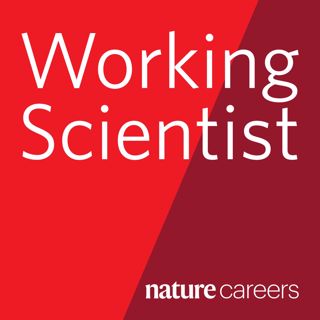
Social sponges: Gendered brain development comes from society, not biology
Om avsnittet
Gina Rippon was a paid-up member of the “male-female brain brigade” earlier in her career as a cognitive neuroscientist, but changed tack, she says, after discovering there was not a lot of sound research behind the well-established belief that male and female brains are biologically different.In the fourth episode of this 12-part podcast series Tales from the Synapse, Rippon explores the role of social conditioning to explain why boys and girls might respond differently to pink and blue objects, why girls aged nine describe maths “as a boy thing,” and why the same girls shun games that are aimed at children “who are really, really smart.”Rippon, Professor Emeritus of cognitive neuroimaging at Aston University in Birmingham, UK and author of the 2019 book The Gendered Brain , is also interested in why women continue to be under-represented in science even in countries that purport to be gender-equal.Her forthcoming second book investigates why girls and women on the autism spectrum have historically been overlooked. Viewing the condition through a gendered lens hampers our understanding of it, she argues.Tales of the Synapse, a podcast series with a focus on brain science, is produced in partnership with Nature Neuroscience and introduced by Jean Mary Zarate, a senior editor at the journal. The series features brain scientists from all over the world who talk about their career journeys, collaborations and the societal impact of their research. Hosted on Acast. See acast.com/privacy for more information.
Senaste avsnitten

How we slashed our lab’s carbon footprint

Meet the retired scientists who collaborate with younger colleagues

A dumpster full of mercury and other things to avoid: lab closures made simple

Pension planning and psychosocial support: how institutions can help academics at the late career stage

“Who am I if not a scientist?” How to find identity and purpose in retirement

Choose your own adventure: navigating retirement after an academic career

The last few miles: how to prepare for the late-career stage in science

Counting the cost of fashion’s carbon footprint

Why female students at an inner London school are seeing scientists in a different light

